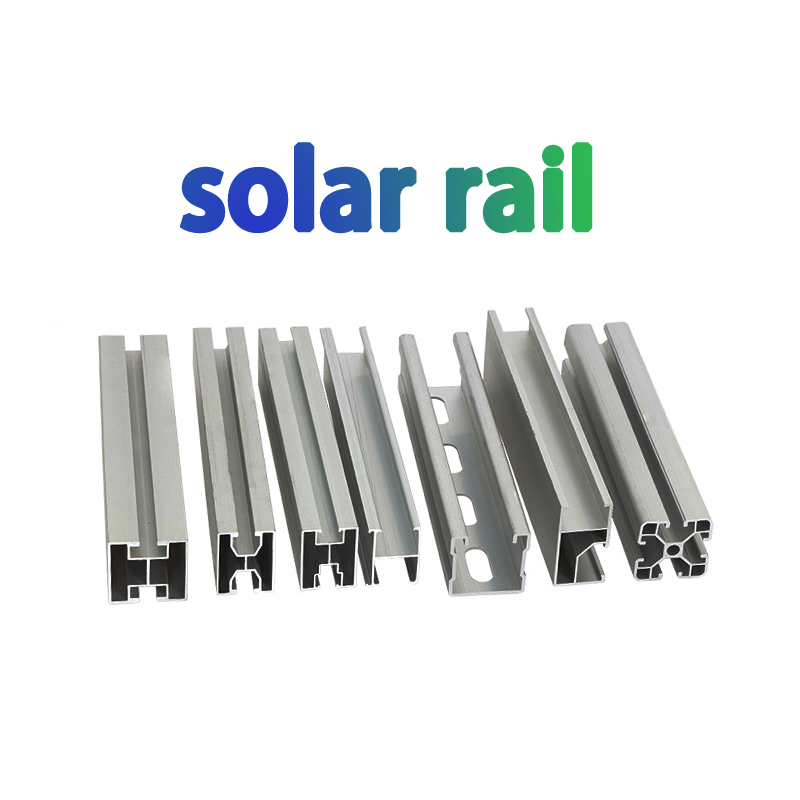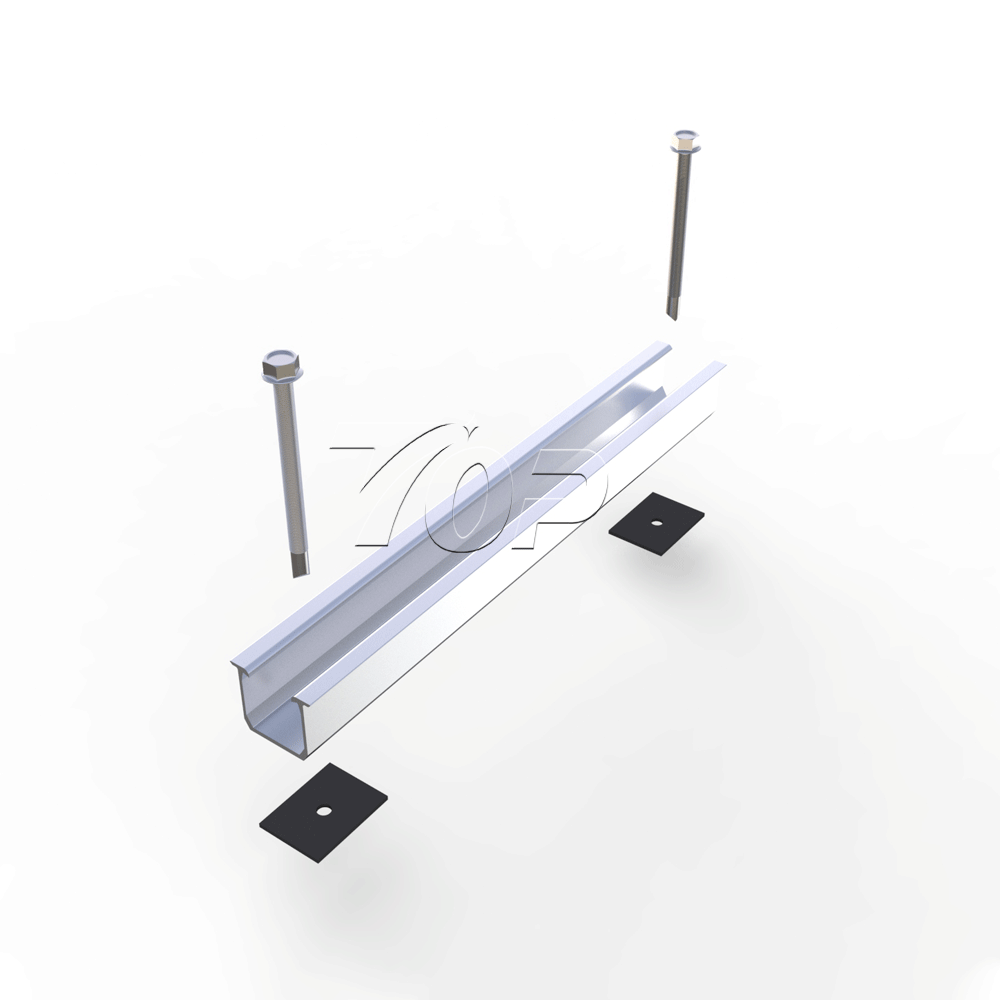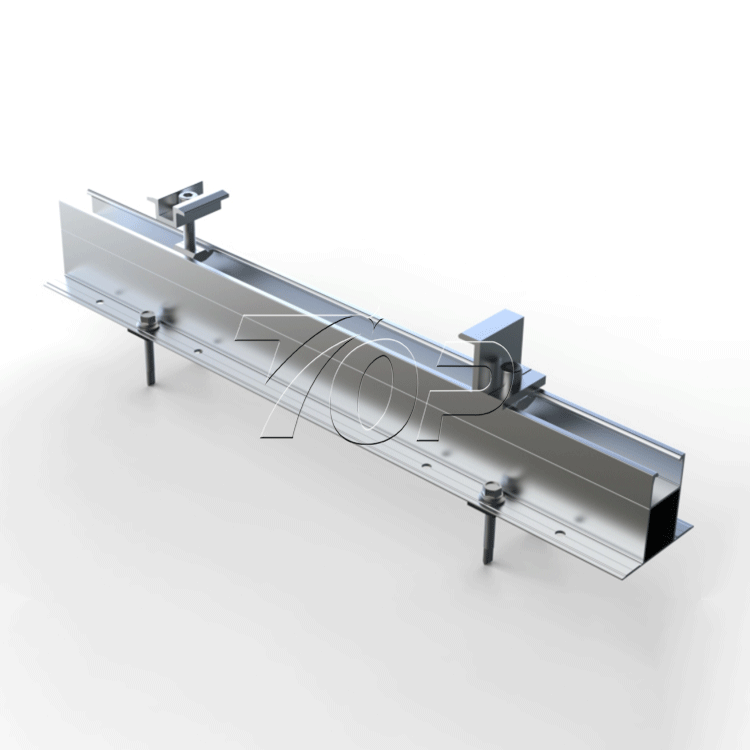Solar rails are an important component of photovoltaic installations and offer numerous advantages to solar panel mounting systems. According to Topfence Engineering, a leading provider of solar rail solutions, these rails offer a variety of benefits, including durability, ease of installation and compatibility with various types of solar panels.

One of the main advantages of solar rails is their versatility, allowing them to be adapted to different types of photovoltaic installations. Whether it's a rooftop solar array, a ground-mounted system or a solar garage, solar rails can be customized to the specific requirements of each project. This adaptability makes them ideal for a variety of solar applications, providing a reliable, efficient installation solution for solar panels.

In addition to their versatility, solar rails are designed to withstand the rigors of outdoor environments, ensuring long-term performance and stability of your solar panel installation. The use of high-quality materials such as aluminum or stainless steel enhances the durability of the rails, making them resistant to corrosion, extreme weather conditions and other environmental factors. This durability is critical to ensuring the longevity and reliability of solar panel installation systems, especially in areas prone to severe weather or environmental challenges.

When choosing the right material for your solar rail, it is important to consider the specific requirements of your photovoltaic installation. Aluminum rails are lightweight and corrosion-resistant, making them suitable for rooftop solar installations where weight and weather resistance are key considerations. Stainless steel rails, on the other hand, offer superior strength and durability, making them ideal for ground-mounted solar arrays or solar carports where structural integrity is critical.


 Xiamen TopFence Co.,Ltd.
Xiamen TopFence Co.,Ltd. No. 77, LingXia South Road, Huli District, Xiamen City, Fujian, China
No. 77, LingXia South Road, Huli District, Xiamen City, Fujian, China Tel: +8613365923720
Tel: +8613365923720
 Email: info@xmtopfence.com
Email: info@xmtopfence.com
 IPv6 network supported Sitemap
| XML
| Blog
| Privacy Policy
IPv6 network supported Sitemap
| XML
| Blog
| Privacy Policy


